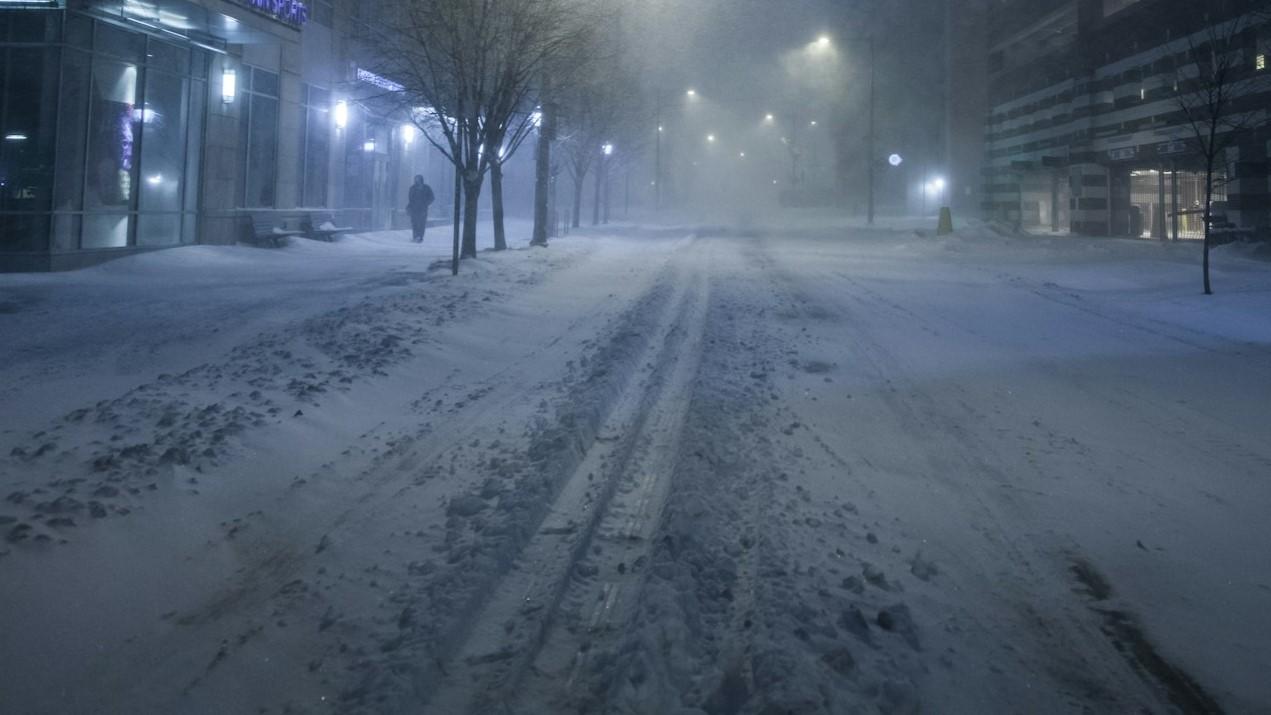- February 10, 2017
- Civic Data
Each week we will bring you a summary of what happened this week on our site, on Twitter, and in the wider world of civic data. Suggest stories on Twitter with #ThisWeekInData.
Here on Data-Smart, Eric Bosco profiled a story map called “Wealth Divides” created by Geographic Information Systems (GIS) provider Esri. The tool combines mapping with narrative and multimedia content to give users a dynamic way to see and interact with data on economic inequality in New York City, Boston, Atlanta, Washington D.C., and San Francisco. Such tools allow governments to understand where wealth inequality is most prevalent in order to better allocate resources and strategies like the promotion of affordable housing.
The New York Times discussed a smartphone app used by aides to New York City Mayor Bill de Blasio that allows them to visualize the mayor’s success. The app monitors the mayor’s delivery on a detailed collection of more than a thousand public promises, featuring a dashboard that shows green for promises the administration is making progress on, red for those it has struggled to address, and displays a check mark for those it has delivered on. According to City Hall, DiBlasio has delivered or begun to work on 94 percent of the promises he made during his campaign.
GovTech wrote about the efforts of Philadelphia’s Zero Waste and Litter Cabinet to create a comprehensive, data-driven plan for waste reduction and litter prevention. The city will pilot a litter index this spring, tasking workers with using metrics from a Keep America Beautiful Survey to map every piece of litter, garbage, and trash they see using GIS software and surveying products. Maps will allow residents to check their neighborhoods’ litter score and see what resources are available and, on the back end, officials will be able to better target and track the effectiveness of interventions.
Next City highlighted a brief from the Prevention Institute that discusses the need for Vision Zero—the international initiative to eliminate all traffic fatalities and severe injuries— to prioritize traffic fatality inequities. Inadequate public investment in low-income neighborhoods and communities of color correlates with disproportionate rates of traffic collisions, underscoring the need to rethink governments’ allocation of resources. This project requires breaking down the data to understand disparities across communities and then engaging these communities to get a sense of what interventions may be the best fit.
On the topic of traffic safety, Route Fifty discussed highway patrols’ use of big data to predict where serious traffic accidents are likely to occur to try to prevent them. Tennessee has a program in place that merges data on every crash report in the state, weather conditions, special events, and traffic enforcement citations to produce a map displaying the likelihood of a serious crash or fatality within 6-by-7-mile areas in four-hour increments every day. Not only can troopers access this map in their cars, but supervisors use this data to create monthly enforcement plans, leading to a 33 percent decrease in response times between 2012 and 2016 and a 3 percent decrease in traffic fatalities from 2013 to 2015.
Open Governance Research Exchange published a list of selected readings on collective intelligence: shared knowledge resulting from collaboration between large groups. The readings map the state of the field, analyze effective strategies, and examine applications in democracy and public decision-making.
IBM announced that it is extending its annual Smarter Cities Challenge, an international grant program that provides pro bono consulting to assist cities with service-delivery. IBM is seeking proposals from city leaders that could benefit from support for solving problems and using innovative technology, like data analytics and cloud computing. To be considered, leaders of city or regional governments should submit statements of interest to IBM by February 24, 2017. IBM will announce 10 grant recipients in late spring.
Austin, Indianapolis, Miami, Orlando, and Philadelphia are the winners of this year’s Smart Cities Council Readiness Challenge Grant program, awarded to cities who have broken down silos between departments to prepare for citywide innovation. The winners were chosen from a pool of 130 applicants from across the country and will receive a number of products and services as well as a Readiness Workshop to support projects improving the livability, workability, sustainability and resilience of their communities. Projects include initiatives to design affordable housing for underserved populations in Austin, urban resilience programs in Miami, and the creation of a smart cities ecosystem in Philadelphia.



